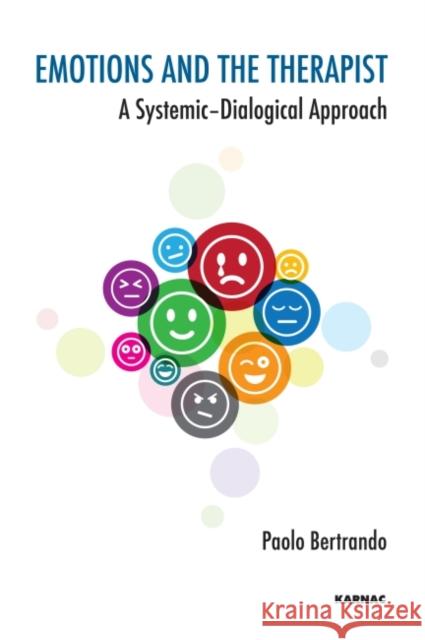Emotions and the Therapist: A Systemic--Dialogical Approach » książka
Emotions and the Therapist: A Systemic--Dialogical Approach
ISBN-13: 9781782202134 / Angielski / Miękka / 2015 / 282 str.
Emotions and the Therapist: A Systemic--Dialogical Approach
ISBN-13: 9781782202134 / Angielski / Miękka / 2015 / 282 str.
(netto: 186,15 VAT: 5%)
Najniższa cena z 30 dni: 183,79
ok. 16-18 dni roboczych.
Darmowa dostawa!
Emotions are connected to meaning-making in human interactions. In recent years, systemic theory and practice adopted a dialogical orientation, more centered on the persons of the therapist and her clients. This has led to a growing attention toward emotions, which, in this book, is developed in terms of emotional systems.
An emotional system in therapy may be viewed as the sum of the emotions existing and interacting in people's lives. Relevant changes in life happen when emotional stances and sequences change within the system, leading, for example, to a greater sense of agency or hope, or to a different perception of the situation.
This book deals with key therapeutic questions related to emotions: how can the therapist see her clients in terms of emotional systems? How can she develop a better understanding of her own emotional preferred positions? And how can she use such increased awareness of emotional facts in order to implement more efficient and comprehensive interventions? Here I propose to read emotions within human systems in terms of dominant and silent emotions, which shape and are shaped by human relationships, and may be played in several ways according to reciprocal emotional positioning. The therapist uses her own feeling, and her understanding of the emotions within the therapeutic dialogue, in order to create hypotheses and new dialogues which allow change, first of all, in the emotional tone and positioning of clients.
The therapist's increased awareness and sensitivity to emotional processes can make her both more sensitive to clients' needs and wishes, and, at the same time, more effective in her interventions.











